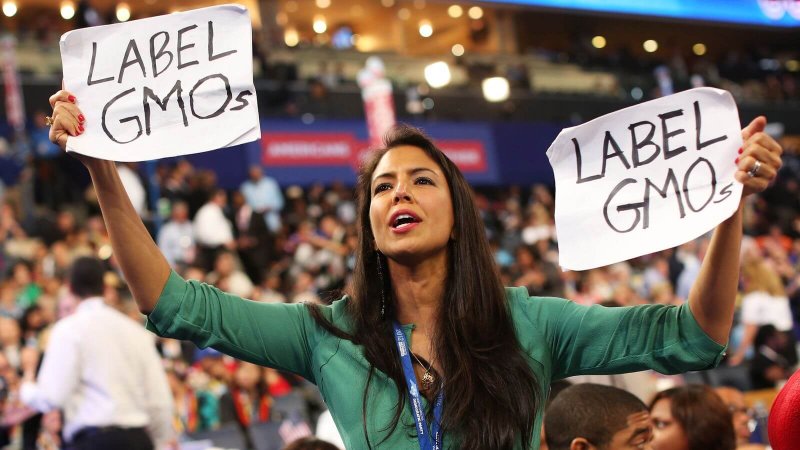Should foods be labeled based upon their content (like ingredient lists do now), or upon the process by which they were made (as the GMO labeling proponents propose)? One describes what you’re buying, but the other describes the idea behind it. It is purely an ideological question.
When consumers see a label, their behavior is altered. But how? …. Thankfully we have solid science characterizing these effects ….Labeling …. reduces consumer purchases of certain products, which alters the fortunes of certain manufacturers, which changes their buying habits, which changes the economic landscape of the farms, and thus changes what crops they can plant.
In 2014, Dr. Juanjuan Zhang, an economist and marketing strategist at MIT, conducted a study to determine how just the idea of labeling affects public perception …. merely the suggestion that mandatory labeling is being considered caused people to rate the product as 37% more unsafe …. There was no information about what such labeling would look like or say; it was nothing more than the idea of labeling. That’s all it takes to persuade people that a product is dangerous.
Original podcast episode: The Effects of Mandated GMO Labeling































